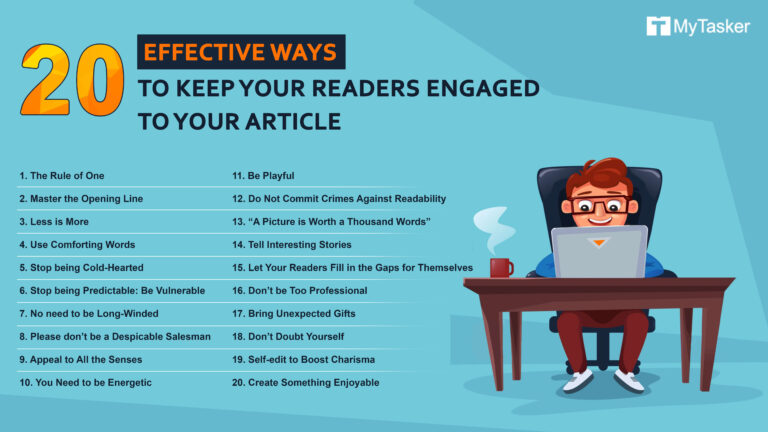Stop Translation Your Head Learning English : Mastering Fluency Tricks
Learning a new language can be a daunting task, especially when it comes to English. Many language learners tend to rely on translation as a crutch, translating words and sentences from their native language to English and vice versa. However, this habit can hinder your progress and prevent you from truly mastering the English language. In this article, we will explore the reasons why you should stop translating in your head while learning English and provide you with tips to overcome this habit.

Credit: eightify.app
The Downside of Translation
Translating in your head may seem like a helpful strategy at first, as it allows you to quickly understand the meaning of certain words or phrases. However, relying too heavily on translation can create several problems when it comes to language learning:
- Lack of fluency: Constantly translating slows down your thought process and makes it difficult to speak English fluently. Instead of speaking naturally, you end up translating in your head before forming a sentence.
- Miscommunication: Translations are not always direct equivalents and can lead to misunderstandings. The nuances and cultural context of certain words or phrases may not be accurately conveyed through translation.
- Difficulty understanding native speakers: Native English speakers often use idioms, slang, and colloquialisms that cannot be easily translated. If you rely solely on translation, you may struggle to understand native speakers.

Credit: eightify.app
How to Break the Translation Habit
Breaking the habit of translating in your head requires practice and dedication. Here are some tips to help you overcome this obstacle and improve your English skills:
- Think in English: Start by consciously trying to think in English instead of relying on translation. As you encounter new words or concepts, try to understand their meaning without translating them into your native language.
- Immerse yourself in English: Surround yourself with English as much as possible. Watch English TV shows and movies, listen to English podcasts or music, read English books or articles. The more exposure you have to the language, the easier it becomes to think and communicate in English.
- Use context clues: Instead of relying on translation, try to understand the meaning of unfamiliar words or phrases through context. Pay attention to the surrounding words, gestures, and expressions to decipher their meaning.
- Expand your vocabulary: Build a strong English vocabulary by learning new words and phrases. Instead of translating them, associate them directly with their corresponding English definitions or mental images.
- Practice speaking: Engage in conversations with native English speakers or language partners. Speak without the pressure of translating every word, and focus on expressing yourself naturally. This will boost your fluency and confidence.
- Learn English idioms and expressions: Idioms and expressions are an integral part of any language. Instead of translating them word-for-word, try to understand their figurative meaning and use them in context.
The Benefits of Thinking in English
Once you break the habit of translating in your head, you will begin to experience the numerous benefits of thinking directly in English:
- Improved fluency: By thinking in English, your thoughts and speech flow more naturally. You will be able to express yourself without pauses or hesitation, leading to improved fluency.
- Better understanding: Directly understanding English instead of relying on translation allows you to grasp the true meaning and nuances of the language. You will understand native speakers more easily and accurately.
- Enhanced communication: Without the burden of translation, your communication skills will improve. You will be more confident in expressing yourself and engaging in conversations.
- Increased thinking speed: Translating every word in your head slows down your thought process. Thinking directly in English enhances your thinking speed and allows you to react and respond faster.
- Expanded vocabulary: Thinking in English helps expand your vocabulary naturally. As you encounter new words and phrases, you integrate them into your thought process and improve your overall English proficiency.
It’s important to remember that breaking the habit of translating in your head takes time and consistent practice. Be patient with yourself and celebrate every small victory along the way. Embrace the challenge and enjoy the journey of mastering the English language!







